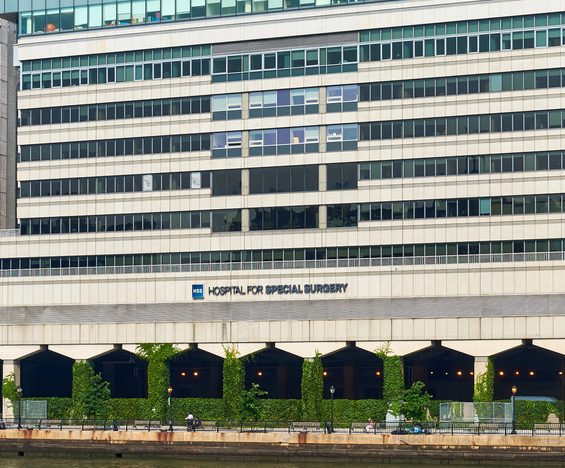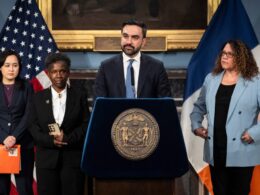When I retired from teaching at Queens College, I was pleasantly surprised to find that my out-of-pocket costs for medical care went down. As an active employee, I had Group Health Insurance (GHI), the most common medical insurance plan for New York City and City University employees. Several of my doctors did not take GHI, so I had to pay substantial out-of-network fees.
When I stopped working, I switched to Medicare. Most of the doctors who did not accept GHI did take Medicare, giving me access to a broader range of providers at very little cost. But over the past few years, when looking for doctors affiliated with the hospitals near my home on the Upper East Side, I discovered some who reject Medicare. I either have to pay their full cost or hope to find someone else with equivalent qualifications.
Medicare is one of the great triumphs of American life. Its passage 60 years ago transformed the lives of senior citizens, many of whom lived in or near poverty, struggling to get basic health care. Medicare meant that all seniors, rich or poor, in every state of the union, could afford the medical care they needed (or at least most of it, as dentistry, glasses, hearing aids, and initially drugs were not covered). Passed with bipartisan support, Medicare has been a huge success, a government program that binds us together, unlike so many that divide us.
If a medical provider decides not to accept Medicare, so be it; it is her or his prerogative. But if, at the same time, they accept benefits and subsidies from taxpayers like you and I, it is another story. Many do just that, particularly doctors who practice in hospital settings.
Take the doctors near me. Many of them have offices in or are affiliated with massive medical centers like New York-Presbyterian, Hospital for Special Surgery, and NYU Langone. These institutions receive literally billions of dollars in direct and indirect government aid, everything from research grants to subsidies for training medical students to indigent care payments to construction assistance to exemptions from corporate taxes (as nominally non-profits) to exemptions from real estate taxes on their huge and hugely expensive buildings.
New York Hospital and HSS even have gotten the right to build structures over the FDR Drive, something private developers would die for. NYU Langone received more than a billion dollars from the federal government for reconstruction after Hurricane Sandy. Doctors who practice in these hospitals benefit from all that assistance and all those taxpayer dollars. Without them, the spaces they work in and the resources they make use of would simply not exist.
New Yorkers should not subsidize institutions which host doctors who will not accept Medicare and its payment rates. Let’s make doctors and hospitals choose.
In order to receive government benefits, hospitals, clinics and other health facilities should have to require all their affiliated medical providers to accept Medicare. Doctors will have to either start serving all our seniors under Medicare or move elsewhere. Hospitals might lose some terrific doctors, including a few I see. But that price would be worth it for all of us. It would ensure a level of access for all seniors and set an admirable tone of civic responsibility.
Our health care system is such a tangled mess that it is difficult to even trace all the forms of government support our hospitals receive, let alone figure out how to make them contingent on across-the-board Medicare acceptance. But one way we might start is with local real estate taxes. According to a recent report from the New School, in 2024 New York-Presbyterian received real estate tax exemptions worth $184 million, Mount Sinai $63 million, and NYU Langone $53 million.
How about the incoming mayor, whomever he may be, pledging to end local real estate tax exemptions for health facilities that do not require all their affiliated practitioners to accept Medicare? Doing so may require changes in state law, but excessive doctor and administrator income at some hospitals might be enough to challenge the exemptions under current law.
The giant hospitals that dominate New York medicine cannot pick up and move to Florida. They need us and we need them. But let’s do it the right way and win one for the old folks.
Freeman is a distinguished professor of history emeritus at Queens College and the Graduate Center, City University of New York.








